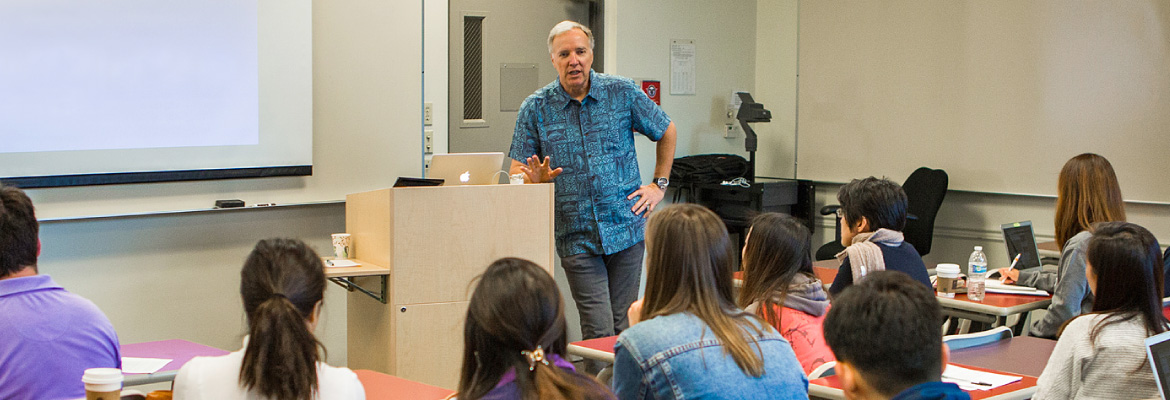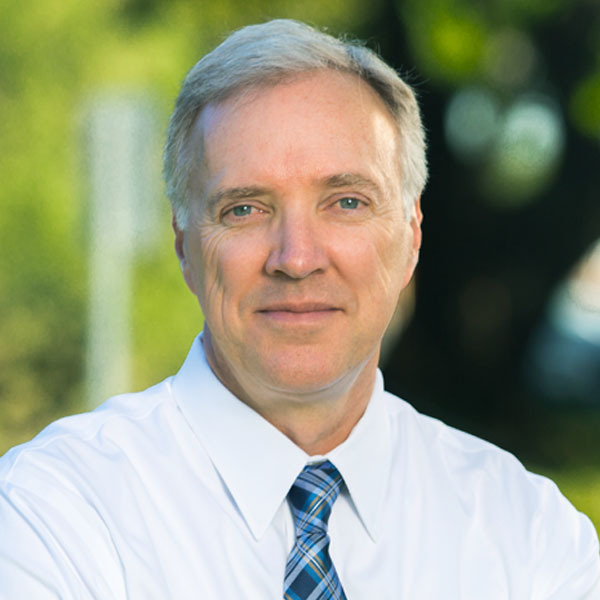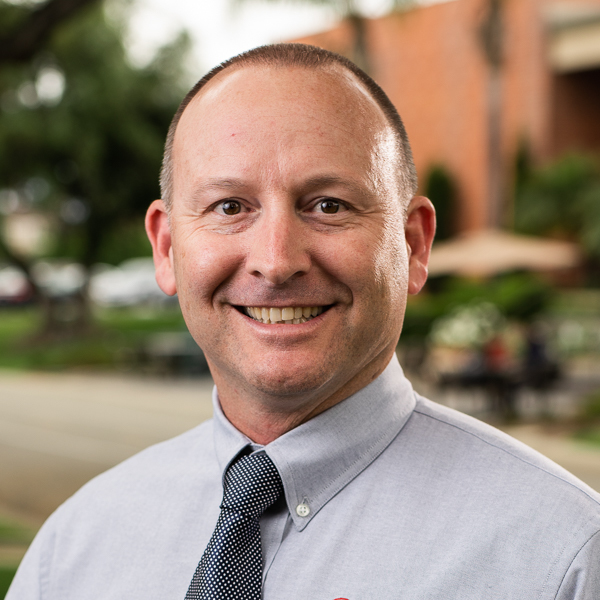Master of Arts in Christian Ministry and Leadership (Pastoral Care & Counseling)
Overview
The Master of Arts in Christian Ministry and Leadership with a concentration in Pastoral Care and Counseling is a professional degree program that prepares you to serve the pastoral needs of people in various ministry settings, including church, parachurch or missions organizations.
Through this program you will be equipped with practical training in care and counseling, undergirded by a biblical and theological education. You’ll learn how to wisely and ethically care for people dealing with common pastoral needs, including spiritual wounds, emotional pain, family challenges and mental illnesses, and develop a sense of when to refer individuals to professional help.
This degree is geared to those who desire training to provide pastoral care and counseling in their place of ministry, but desire a program that is focused on preparing for vocational ministry instead of the more intensive training involved with becoming a licensed therapist through a marriage and family therapy program or a doctoral program in clinical psychology.
- Gain a Broad-Based Biblical Education with a Focus in Pastoral Care and Counseling. At Talbot, you will receive a broad biblical and theological education from leading Talbot professors, many of whom also serve as pastors and elders in their local churches. This degree integrates biblical wisdom, psychological research and insights from faculty with experience in both clinical and pastoral counseling. Courses include training in marriage and family counseling, chaplaincy and understanding individuals dealing with guilt and shame.
- Be Equipped to Minister With Care and Compassion. This degree prepares you to meet a great need among people in the church today, which is to be cared for. You will have specialized knowledge and fundamental skills to serve and care for those who come through your ministry’s doors — such as empathic listening skills, personal awareness and an understanding of how to walk with others in life.
- Be Aware of Mental Health Needs and the Spectrum of Care Needed. In ministry, you will encounter people dealing with various issues — such as depression, anxiety, the grief of losing a loved one, or a couple grappling with infertility. This program will develop your understanding of various mental health issues, the role of medication and its effects, and how to serve as a triage for individuals seeking help. Be prepared to find the right resources and to know your limitations, or when it is appropriate to recommend professional help to those under your care.
- Ready Yourself for a Career in Ministry. Talbot’s internship requirement will progressively prepare you to step into your calling to ministry. First, you will learn about various ministries, then shadow and observe experienced practitioners and eventually practice facilitating care with reflective support from colleagues. Whether you serve as a professional or lay leader in the local church or other place of ministry, you will be ready to serve as a specialist in pastoral care and counseling. Even as you prepare for counseling in a secular field, you will be ready to counsel others with a biblical perspective and training in spiritual formation.
For more reasons to choose Talbot School of Theology for your education, see the Why Talbot? page.




